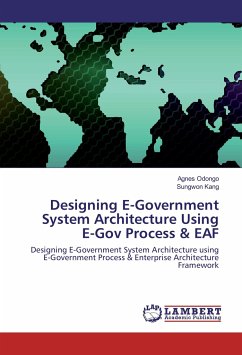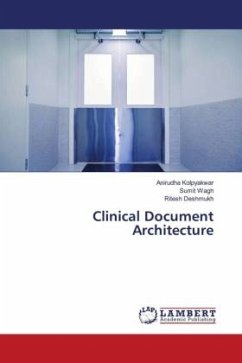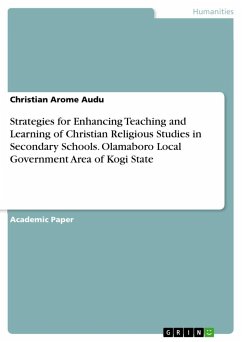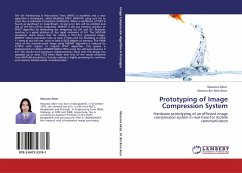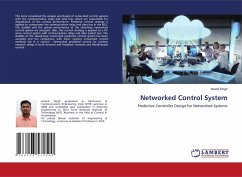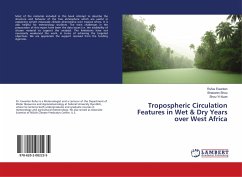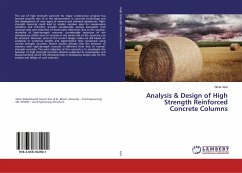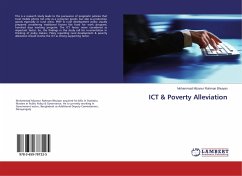Generally governments' e-Gov systems development contracts use rigid software development methods. Analysts decompose functions from requirements into components for software developers to design a system. This causes functional decomposition to coincide with each other, and deprives developers of a true software computation environment. The e-GEAF designed in this book comprehends applications, and ensures that the enterprise activities and system context are understood. There is currently no e-Gov process for guiding e-Gov system implementation. Comparison of EAF have not been done to determine their weaknesses and to rectify them by developing a new EAF based on the existing weaknesses. The book has designed e-GEAF that has no usage limit across the board by correcting the weaknesses of existing EAFs. A four step process is used. First step is proposing an e-Gov development process for eliciting e-Gov requirements. Second step is comparing the existing EAFs to determine their weaknesses. DoDAF emerged the best but still had weaknesses. Third step is proposing a generic framework using DoDAF as the benchmark. The fourth step is designing of a generic framework named e-GEAF.

